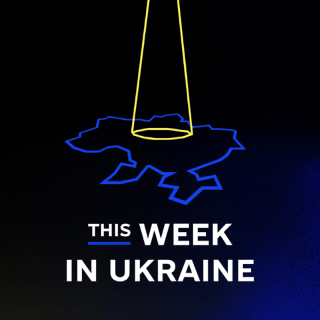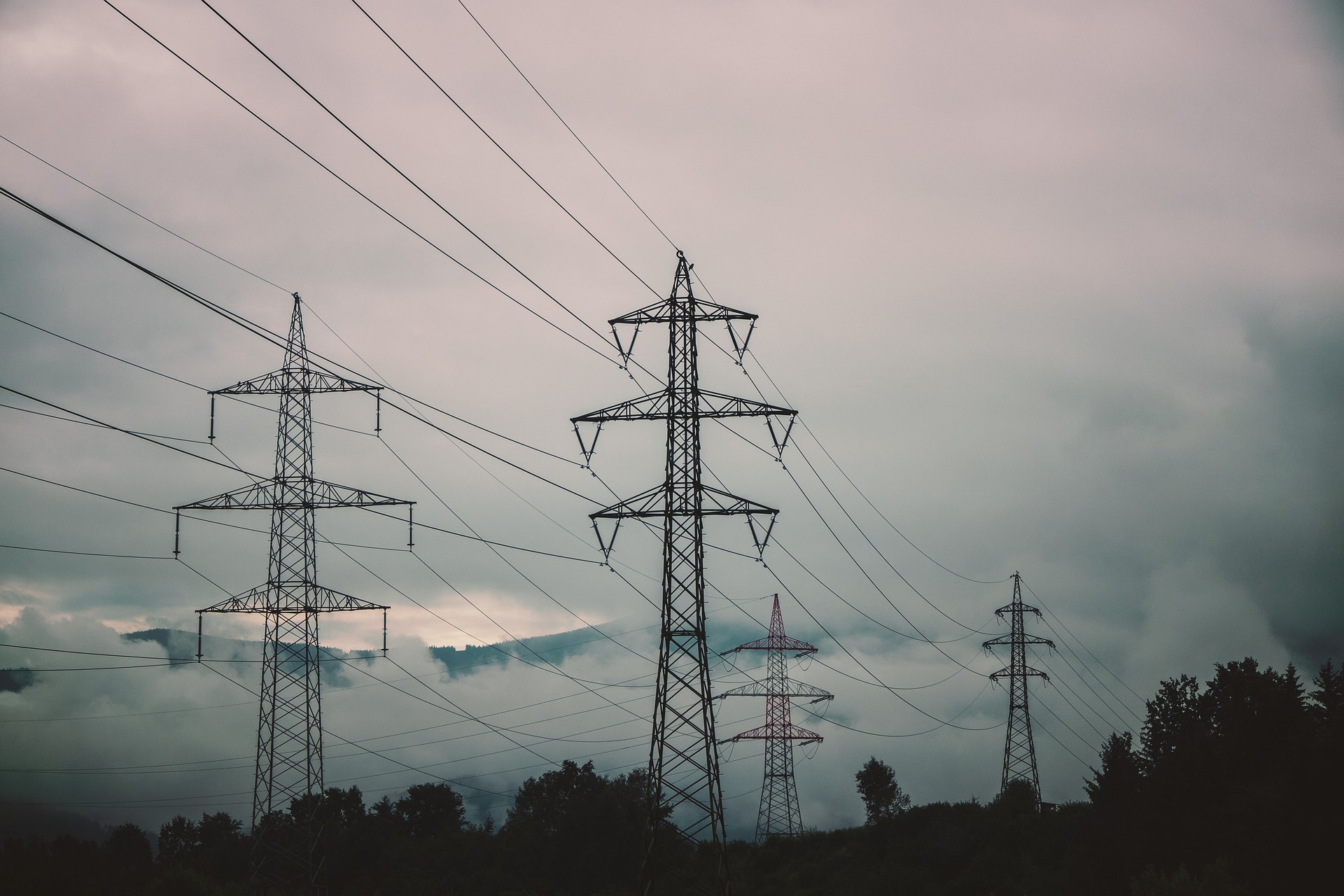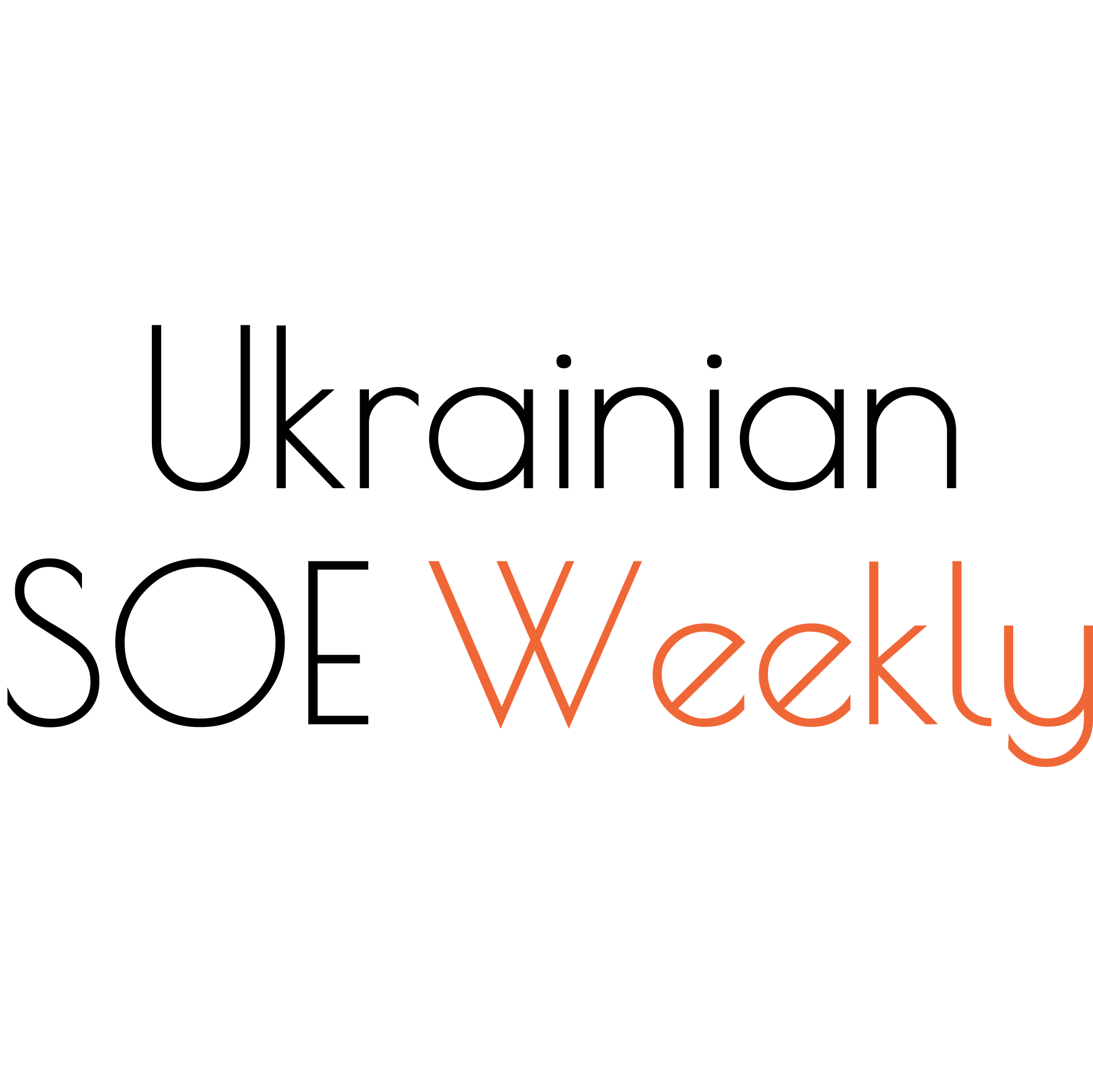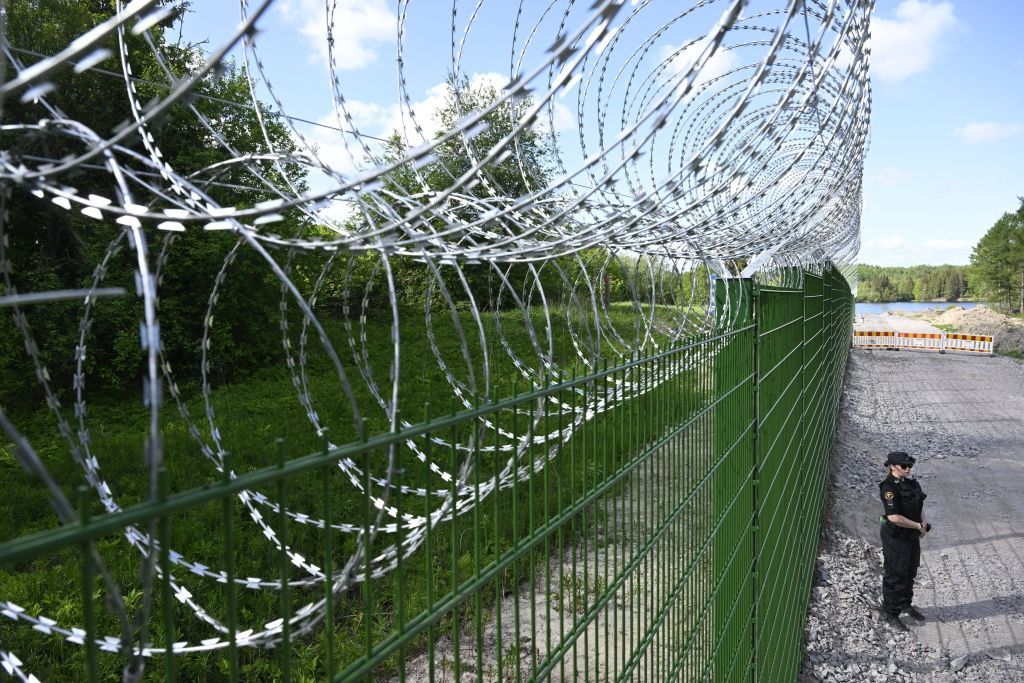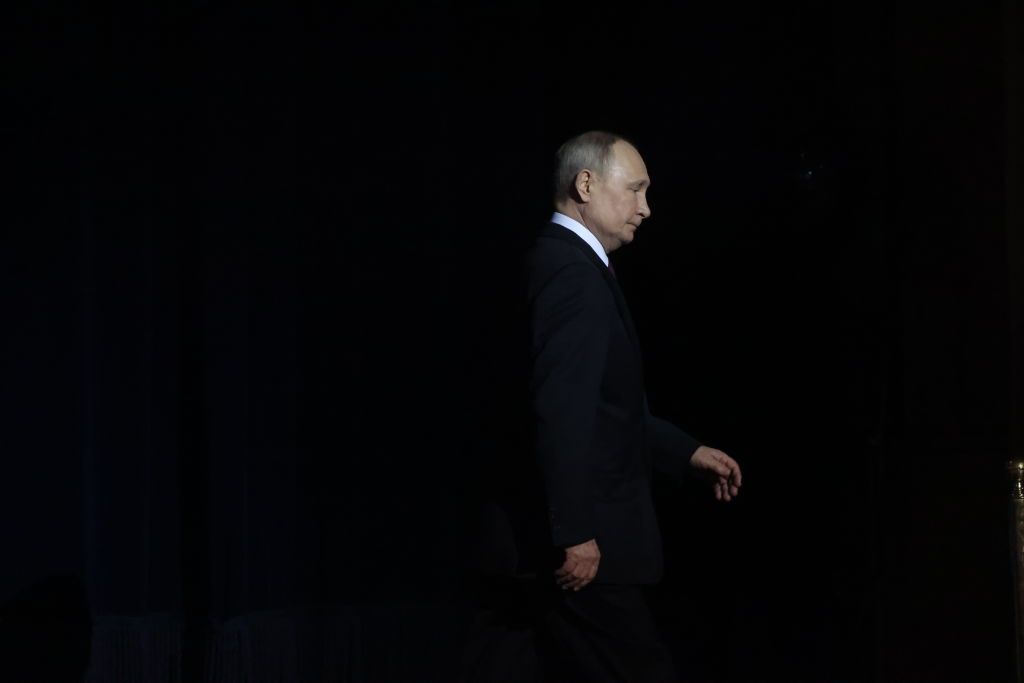Editor’s Note: This is issue 64 of Ukrainian State-Owned Enterprises Weekly covering events from Feb. 5 – Feb. 12 2022. The Kyiv Independent is reposting it with permission.
Corporate governance in SOEs
The Ministry of Energy wants to change Ukrhydroenergo’s CEO.
In a letter to the Cabinet of Ministers of Ukraine seen by Ekonomichna Pravda (EP), Energy Minister Herman Galushchenko asked the Cabinet to reconsider whether Ihor Syrota is the appropriate CEO for Ukrhydroenergo.
The Ministry pointed out that an interdepartmental group that has audited Ukrhydroenergo’s activities in 2019-2021 found numerous violations, such as the sale of electricity at a loss-making tariff or nine procurement contracts that violated Ukrainian law, worth a combined Hr 5.8 billion.
(It is unclear what the formal role and the authority of the interdepartmental group is. It is also unclear what the legal consequences of such a letter are.
Note that the Ministry of Energy is the owner of electricity TSO, Ukrenergo. The conditions of unbundling that stem from the EU’s Third Energy Package require that ownership functions of the TSO and generating companies, including Ukrhydroenergo, should be performed by different entities. Currently, the Ministry of Energy is the owner of Ukrenergo, and the Cabinet of Ministers is the owner of Ukrhydroenergo.
The power to appoint/dismiss the CEO and elect/dismiss supervisory board members of Ukrhydroenergo is vested with the Cabinet of Ministers as the ownership entity of the company. According to charter of Ukrhydroenergo, the supervisory board has the power to propose the CEO candidate to the Cabinet of Ministers.
The Ministry of Energy has no role in these matters, and its recommendations on these issues have no legal power. The Ministry is tasked with policymaking in the energy sector. – SOE Weekly.)
Another violation that the interdepartmental group has established is that Ukrhydroenergo did not pay Hr 2.2 billion in dividends to the state budget for 2018.
(On 3 May 2019, the Ministry of Energy, which was the ownership entity of Ukrhydroenergo at the time and acted as the company’s general shareholders meeting, decided that Ukrhydroenergo should pay 30% of its 2018 profits, or Hr 1.1 billion, in dividends for 2018.
According to the law, SOEs must pay dividends to the state budget by 1 July of the reporting year.
If an SOE does not pay dividends on time, the Ministry of the Economy must impose a penalty (to be paid to the state budget), computed as double the discount rate of the National Bank of Ukraine multiplied by the outstanding dividend arrears for each day overdue. If Ukrhydroenergo has not paid the 2018 dividends yet, the total amount of such penalty should be at least Hr 542 million.
At the same time, according to Ukrhydroenergo’s 2020 audited financial statements, the company has paid the 2018 dividends. It is not clear when the payment was made, whether the penalty is applicable, and, if it is, what the amount should be. – SOE Weekly.)
Halushchenko’s letter says that the violations are currently being investigated in two criminal cases. The Ministry of Energy concluded that a number of ongoing criminal proceedings may indicate inefficient management of the company.
In SOE Weekly (Issue 27), we reported that the Cabinet of Ministers found the work of Ukrhydroenergo’s supervisory board and management board in 2020 to be unsatisfactory after reviewing their annual reports. Yet, the Cabinet did not dismiss the supervisory board.
The supervisory board did not agree with such assessment of their performance and management’s performance.
SOE updates
Banks
State-owned banks double their earnings in 2021 to Hr 42.7 billion.
The four state-owned banks earned over Hr 42.7 billion in 2021. This makes up 55% of the total earnings of all Ukrainian banks (Hr 77.5 billion). In 2020, the state-owned banks made Hr 22.8 billion.
- PrivatBank made Hr 35.1 billion in 2021. In 2020, the bank earned Hr 24.3 billion.
- Ukrgasbank made Hr 3.8 billion in the 2021. In 2020, the bank earned Hr 1.3 billion.
- Ukreximbank made Hr 2.7 billion in the 2021. In 2020, the bank lost Hr 5.6 billion.
- Oschadbank made Hr 1.1 billion in the 2021. In 2020, the bank earned Hr 2.8 billion.
State-owned banks significantly reduce non-performing loans, responsible for most of NPL reduction in the banking sector.
State-owned banks reduced the value of non-performing loans (NPLs) by Hr 56.2 billion, which makes around two-thirds of the overall reduction in the banking sector.
The share of NPLs in state-owned banks decreased by 10.3 percentage points (from 57.4% to 47.1%) over the year. At the same time, they still accumulate over 70% of the total NPL portfolio.
The total volume of NPLs in Ukrainian banks decreased by Hr 85.2 billion in 2021. The share of NPLs in Ukrainian banks’ portfolio decreased by 11 percentage points (from 41% to 30%) in a year.
Energy sector
Energoatom reveals Hr 13 billion in violations.
According to Marlin, referring to the letter of the State Audit Service (SAS) to the Cabinet of Ministers, the SAS conducted an audit of Energoatom’s activities for 2018-2021 and found financial violations and shortcomings encompassing Hr 13 billion.
The auditors identified the following:
- procurement violations – Hr 9.3 billion;
- financial losses – Hr 2.1 billion;
- ineffective management or risky operations that led to financial losses – Hr 1.4 billion; and
- ineffective management actions or risky operations that may lead to further losses – Hr 217.9 million.
The audit materials were submitted to the National Anti-Corruption Bureau of Ukraine for consideration and decision-making, the auditors’ letter reads.
The SAS recommended that the Ministry of Energy should take measures to settle debts to Energoatom for electricity sold. It should tackle workplace standards for employment of persons with disabilities at nuclear plants and its storage of radioactive waste.
(Apparently, SAS refers to the Law on the Basics of Social Protection of Persons with Disabilities in Ukraine, which requires that 4% of the full-time positions at the company are reserved for people with disabilities. – SOE Weekly.)
Energoatom stated that SAS’ conclusions set out in the letter do not correspond to reality, and the auditors’ demands are not supported by their audit report.
In SOE Weekly (Issue 61), we reported that during a meeting at Energoatom, Mykola Bozhko, the CEO of Atomproektinzhyniryng, a division of Energoatom, allegedly discussed the way to hide the disruption in the construction of a strategic facility at the Chornobyl nuclear power plant. This follows from audio recordings, received by the Sсhemy journalists.
Naftogaz wins a lawsuit over Firtash’s debts.
The Commercial Court of Lviv region awarded Hr 1.53 billion in arrears to Naftogaz in a lawsuit against regional gas company Lvivgaz Zbut, part of Regional Gas Company (RGC), associated with the oligarch Dmytro Firtash.
The debt accumulated from October 2019 to July 2020. According to Naftogaz, as of 5 June 2021, the total debt of all regional gas distributors amounted to Hr 23.6 billion.
As we wrote in SOE Weekly (Issue 25), Naftogaz reported that it lost Hr 19 billion in 2020. (Much of the loss was due to the provisions for bad debt. Part of this debt is the debt of regional gas distributors many of which are owned by Firtash. – SOE Weekly.)
In SOE Weekly (Issue 38), we reported that according to the financial results for the first half of 2021, the Gas Transmission System Operator of Ukraine (GTSOU) reported Hr 5.6 billion in net profit, less than half of the Hr 13.1 billion it reported over the same period last year.
GTSOU said that the debts of regional and municipal gas companies increased by 93% compared to the first half of 2020, and their total debt to GTSOU for gas transportation and balancing services in this period amounted to almost Hr 9.8 billion.
The largest debtors are regional gas distributors operating under the brand of Regional Gas Company (RGC), associated with Firtash. Their total debt is Hr 7.97 billion.
Fitch downgrades Naftogaz's credit rating outlook.
Fitch Ratings revised Naftogaz’s Outlook from Positive to Stable and affirmed the company’s Long-Term Foreign-Currency Issuer Default Rating (IDR) at “B”.
The Outlook revision follows a similar recent revision of Ukraine’s sovereign rating (B/Stable). Fitch equalises Naftogaz’s ratings with those of the sovereign, reflecting the company’s strong links with the sovereign and Fitch’s assessment of the Naftogaz’s Standalone Credit Profile (SCP) at “b-”.
The “b-” SCP of Naftogaz reflects volatility in the company’s operations, following a significant increase of gas prices, its ability to cover domestic consumption needs and to collect receivables in a weaker domestic economy, and foreign-exchange exposure.
Fitch also noted that at the end of 2021, Naftogaz’s cash and cash equivalents were Hr 30.6 billion. Together with available unused credit facilities of Hr 3 billion, this amount is sufficient to cover short-term maturities of Hr 16.6 billion, including $335 million of Eurobonds due in July 2022 and bank loans.
In SOE Weekly (Issue 39), we reported that Fitch Ratings revised Naftogaz’s Long-Term Foreign-Currency Issuer Default Rating (IDR) to Positive from Stable and affirmed the IDR at “B”.
Infrastructure
Ukrzaliznytsia’s procurement schemes case goes to court.
The Specialised Anti-Corruption Prosecutor’s Office (SAPO) took the case of an illegal seizure of over Hr 93 million from Ukrzaliznytsia to the Supreme Anti-Corruption Court.
According to Ekonomichna Pravda (EP), there are nine suspects, including MP Yaroslav Dubnevych.
A group of officials of Ukrzaliznytsia’s branch Production Support Centre, together with the MP and controlled intermediary companies, allegedly organized a procurement scheme. As a result, during 2015-2017, Ukrzaliznytsia overpaid by more than Hr 93 million.
Ukrzaliznytsia and Alstom sign a memorandum.
On 8 February, Ukrzaliznytsia and the French machine-building company Alstom signed a memorandum for the supply of 130 locomotives worth € 900 million.
Other sectors
Polygraph Combine “Ukraina” orders supplies from a dubious company.
According to Ukrayinska Pravda, Polygraph Combine “Ukraina” (PK Ukraina) ordered materials for passport production from Polly-Service worth Hr 503.6 million.
Polly-Service used to be a member of the EDAPS association infamous for its corruption schemes.
International company Linxens used to be PK Ukraina’s provider until a management change at the company. Linxens’ proposals and letters to extend cooperation went ignored by new management.
The new CEO of PK Ukraina, Tetyana Bondarenko, reportedly had connections with EDAPS and terminated PK Ukraina’s business relationship with Linxens.
PK Ukraina reportedly overpaid Hr 28 million to the new supplier, causing retail passport prices to rise by Hr 40. The terminated supplier is fighting for compensation.
The State Audit Service to audit SFGC.
According to the Minister of Finance, Serhiy Marchenko, the State Audit Service (SAS) will conduct an audit of the State Food and Grain Corporation (SFGC).
The Cabinet of Ministers instructed the auditors to look into the use of allocated funds, timeliness of loan repayments, and the legality of SFGC expenditures. The auditors should also assess SFGC’s ability to settle up with the state for the fulfilment of guaranteed obligations.
In SOE Weekly (Issue 63), we reported that the Ministry of Finance transferred Hr 2.5 billion to the Export-Import Bank of China instead of the State Food and Grain Corporation (SFGC). According to the Ministry, SFGC repays a loan instalment every six months. On 21 January, the company paid just $8.8 million of the $96.4 million it was supposed to. Due to the state guarantee, the Ministry of Finance had to pay the rest.
In SOE Weekly (Issue 62), we reported that SFGC offered to restructure its outstanding $ 900 million debt to the Export-Import Bank of China, according to an October 2021 presentation.
In SOE Weekly (Issue 61), we reported that MP Maryan Zablotskyy (Sluha Narodu faction) wrote on his Facebook page that SFGC might go bankrupt soon. According to Zablotskyy, SFGC was unlikely to repay its next $ 95 million loan tranche on its own.
Later, Ekonomincha Pravda (EP) published an article, explaining how SFGC’s debts accrued and claiming that on 21 January, SFGC would default on its debt. According to the EP’s sources, the President’s Office supports a “default scenario”, which automatically invokes a state guarantee.
In SOE Weekly (Issue 47), we reported that the Cabinet of Ministers set up an inter-ministerial working group to look into SFGC’s debts and grain supply obligations to Chinese state-owned companies. SFGC received a $ 1.5 billion loan in 2012 to be repaid by 2027. It was issued under Ukrainian state guarantees in order to establish a systematic supply of grain to China.
In SOE Weekly (Issue 30), we reported that SFGC was among the biggest loss-makers among all Ukrainian SOEs, with its 2020 loss totalling as much as Hr 5.9 billion.
Ukrainian SOE WeeklyTM is an independent weekly digest based on a compilation of the most important news related to state-owned enterprises (SOEs) and state-owned banks in Ukraine.
Editorial team: Andriy Boytsun, Mariia Kramar, Dmytro Yablonovskyi, and Oleksandr Lysenko.
The SOE Weekly is produced and financed by Andriy Boytsun. Communications support is provided and financed by CFC Big Ideas. The SOE Weekly is not financed or influenced by any external party.
© 2020–2022 Andriy Boytsun, all rights reserved.Spaces – Maidan Plaza || Maidan Nezalezhnosti 2, Kyiv 01012, Ukraine
Email: [email protected] || Telephone: +380 44 247-7829

